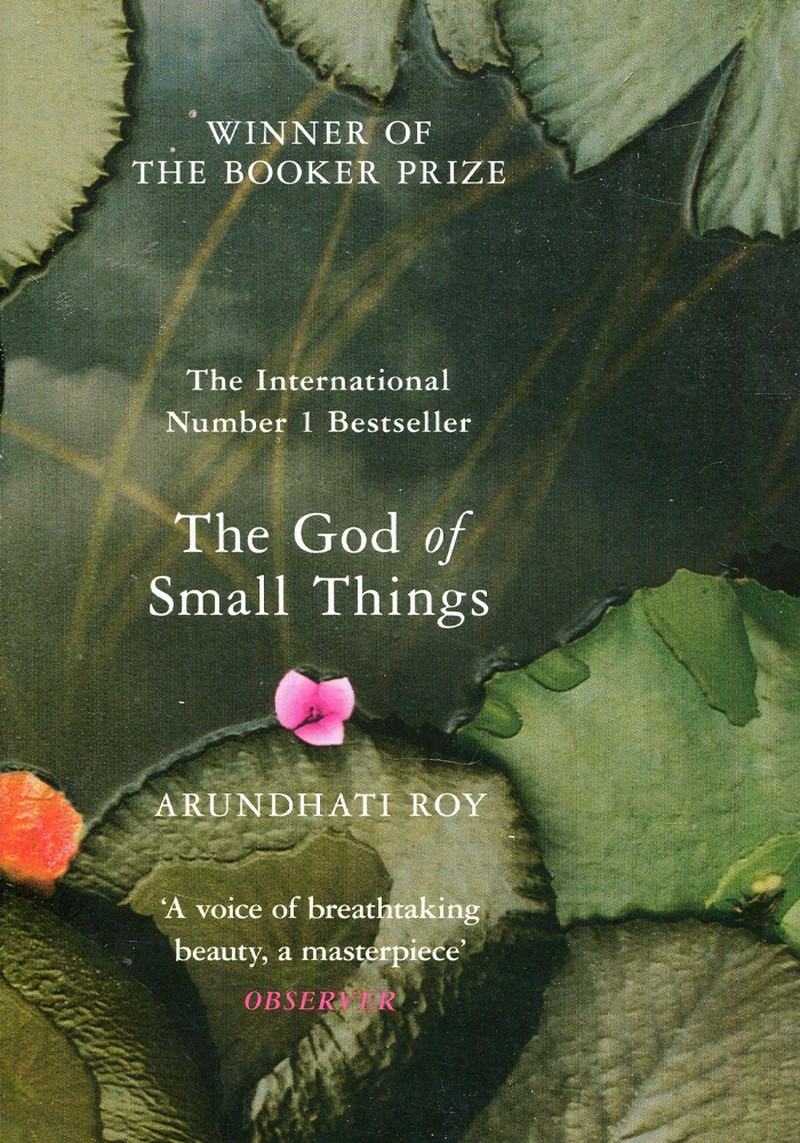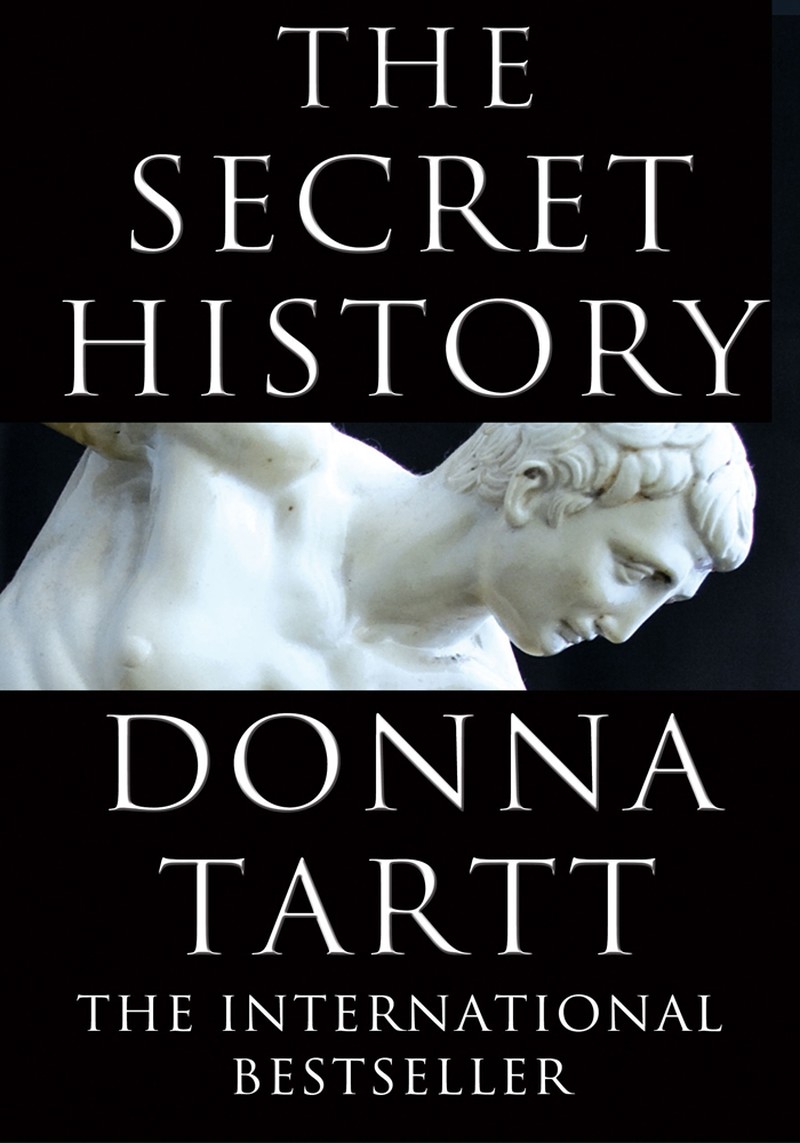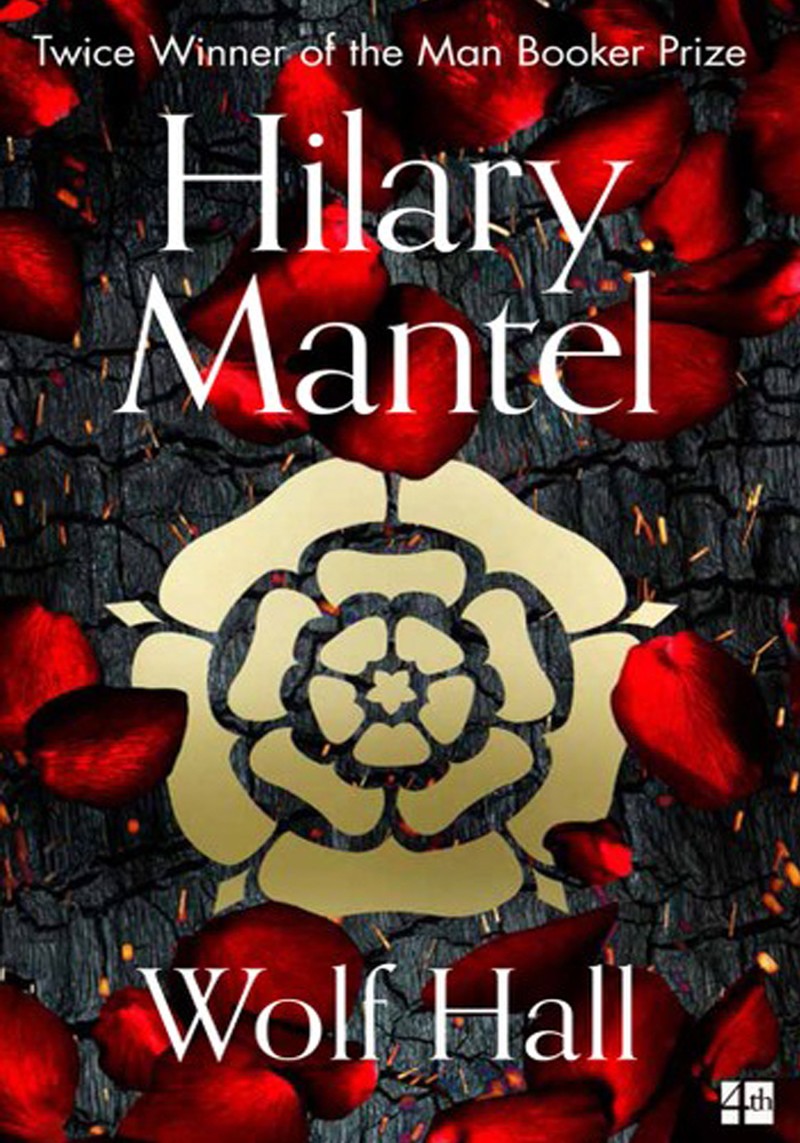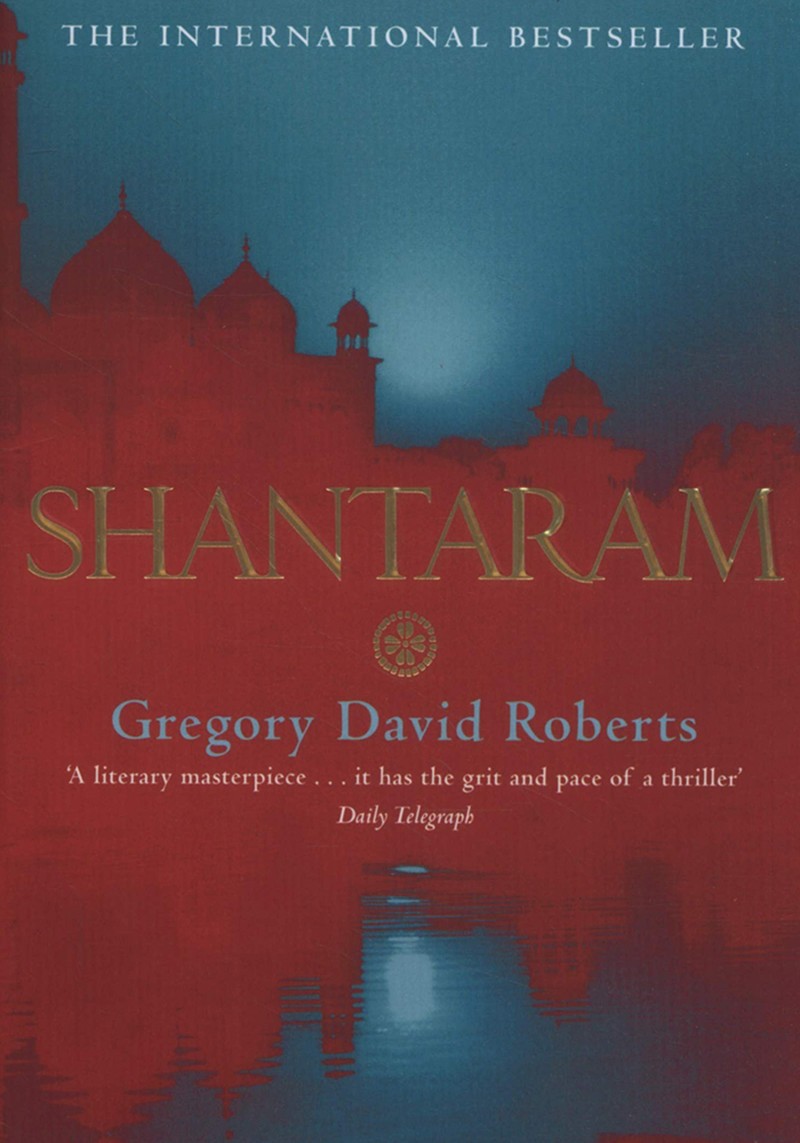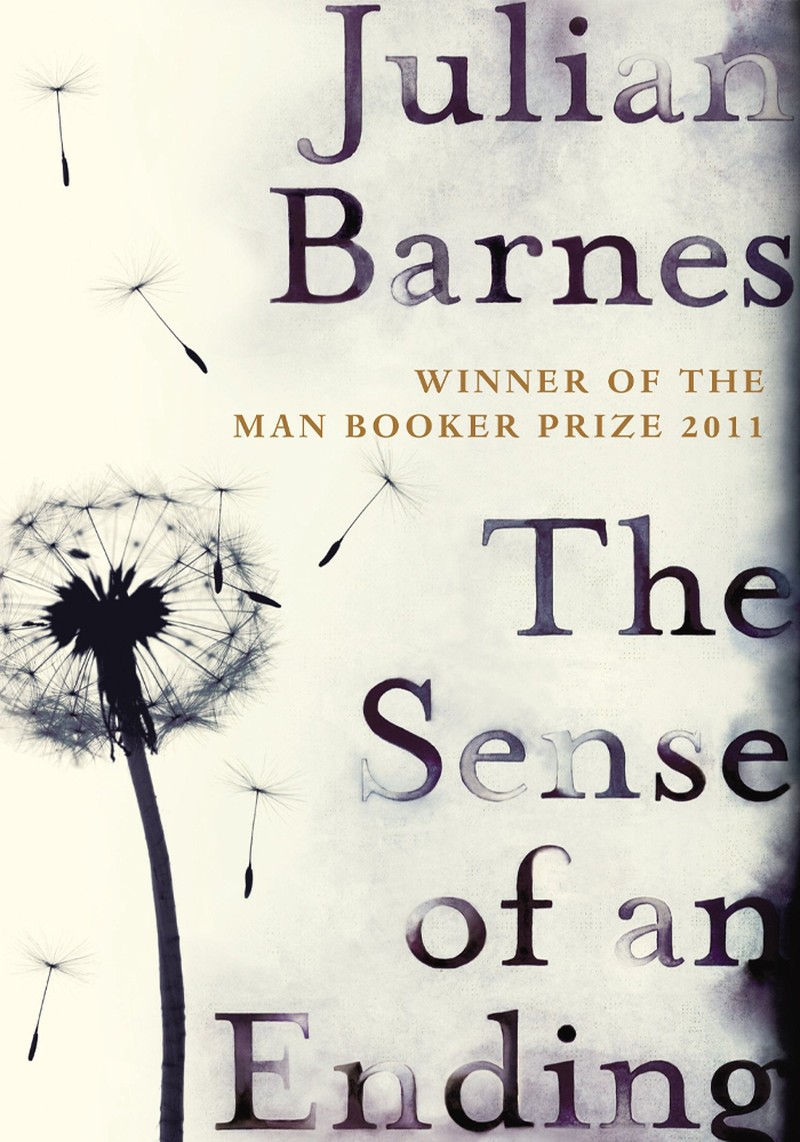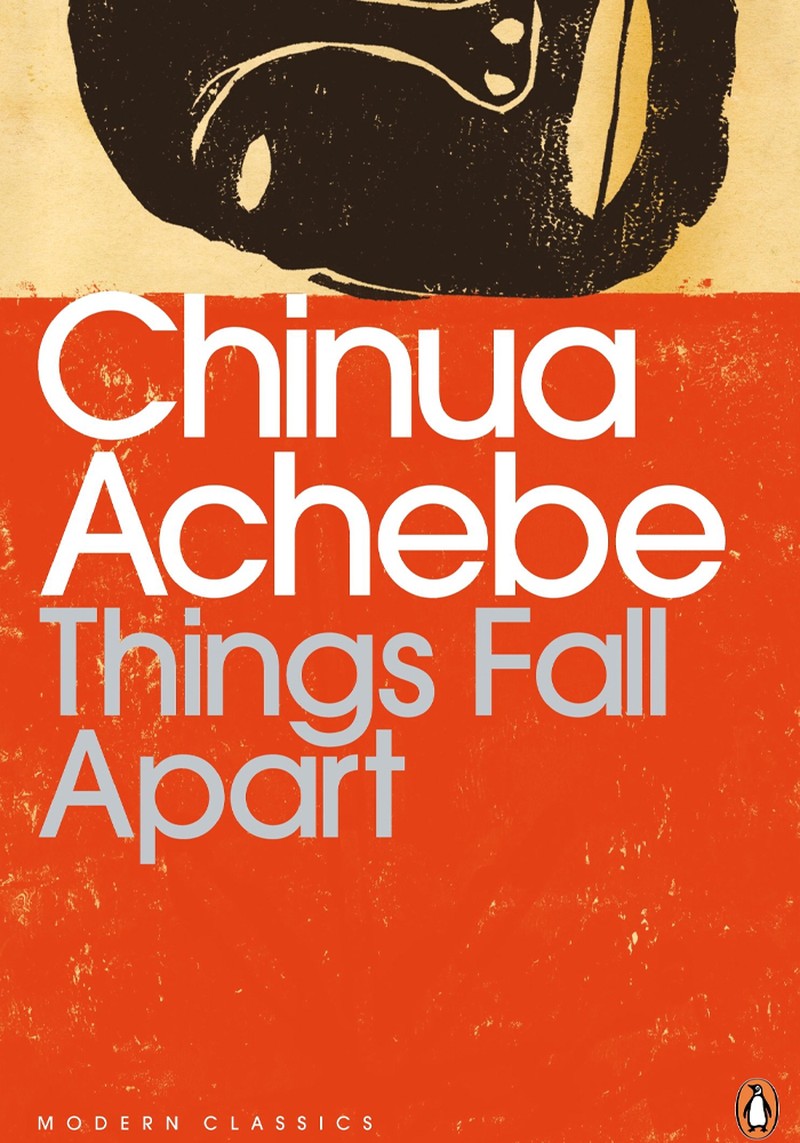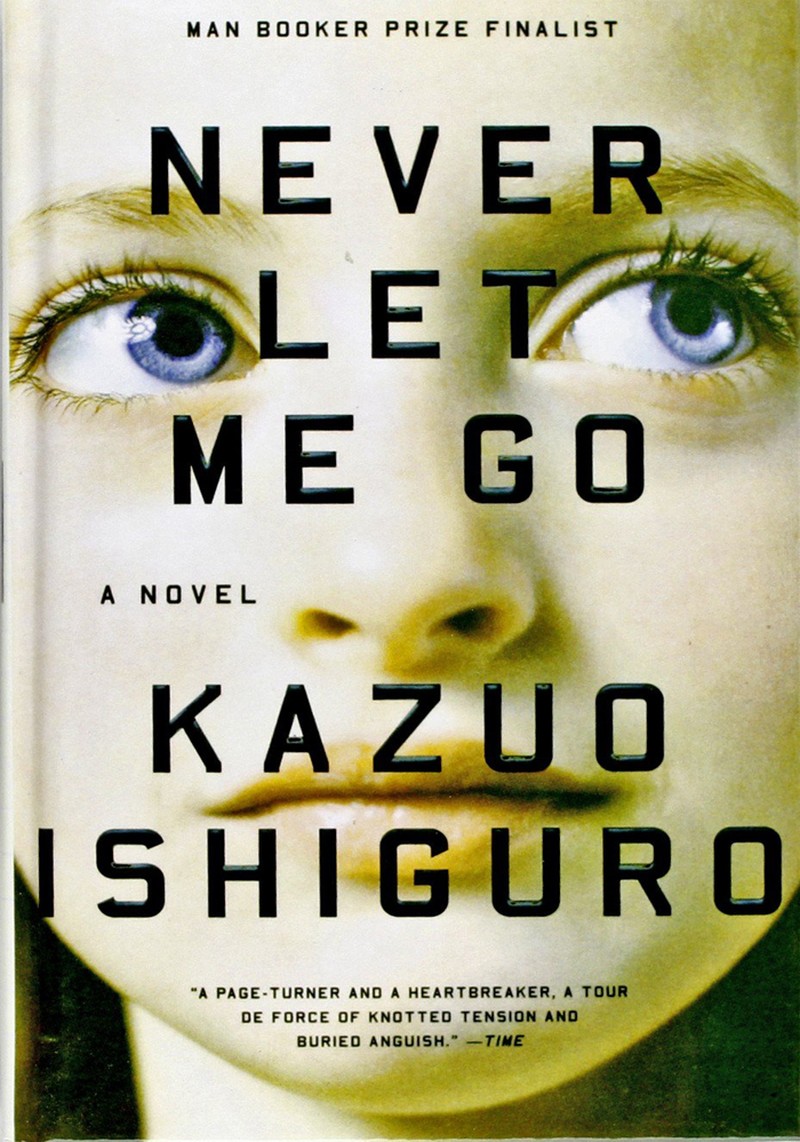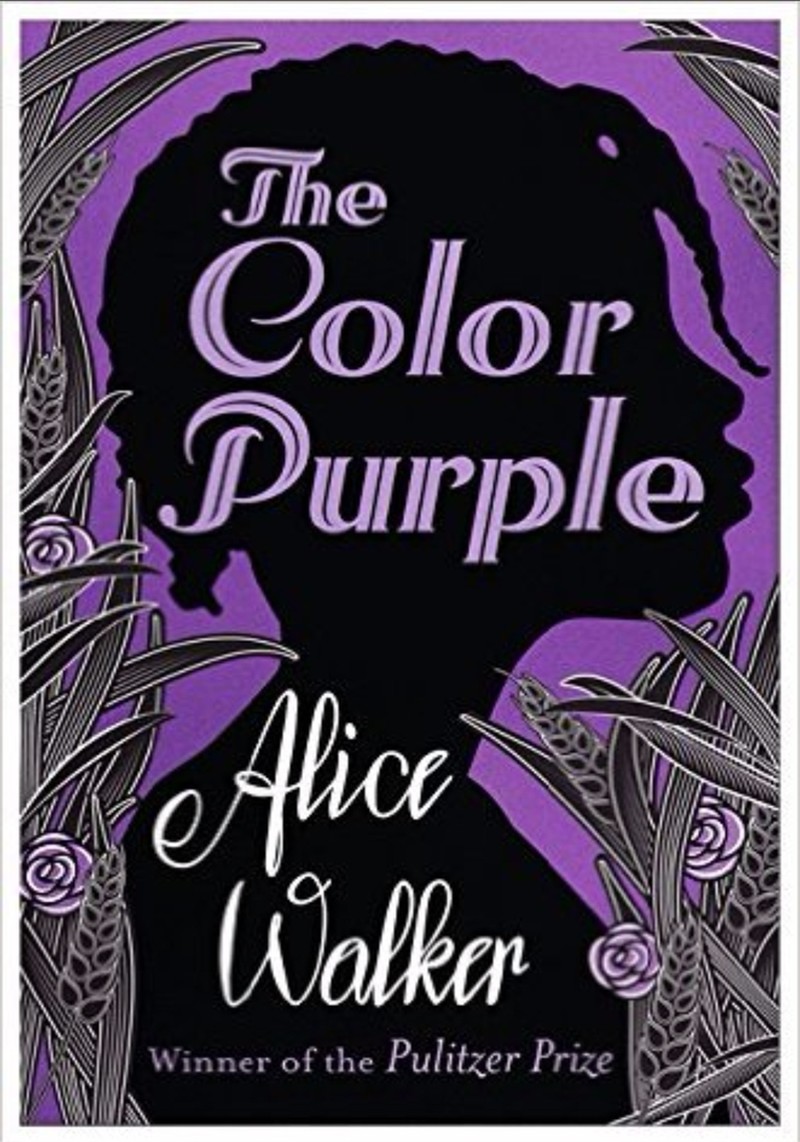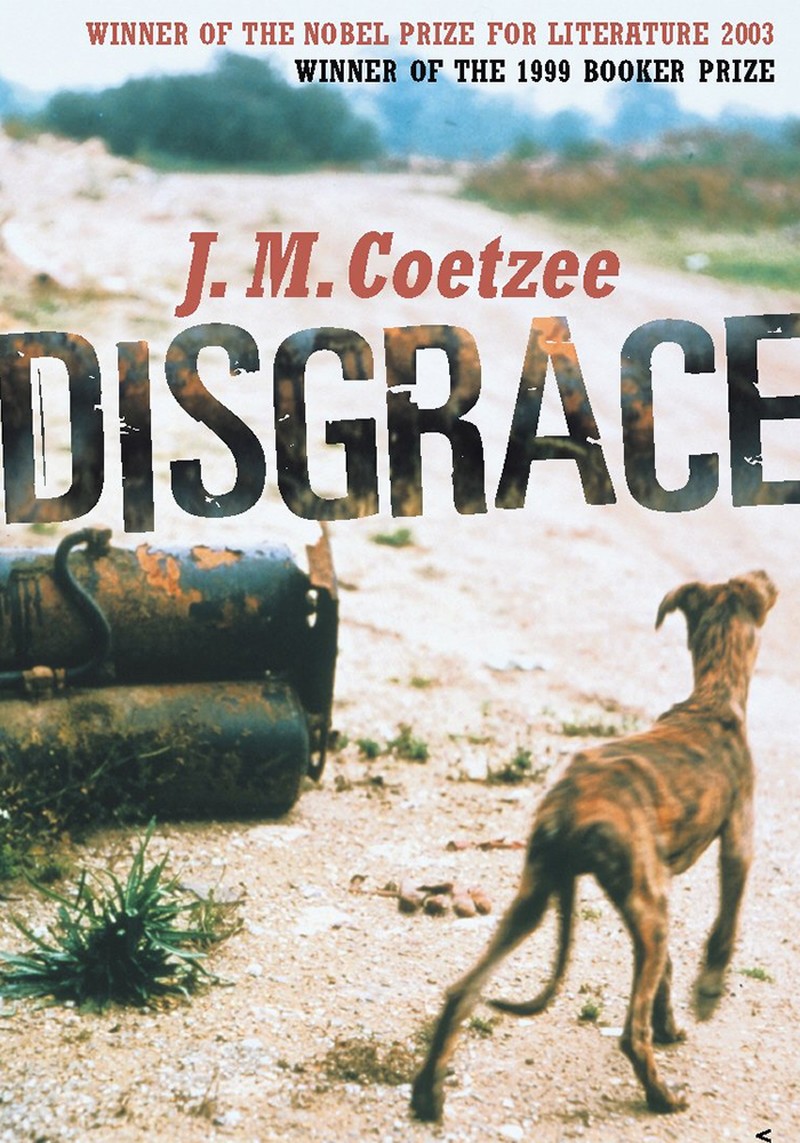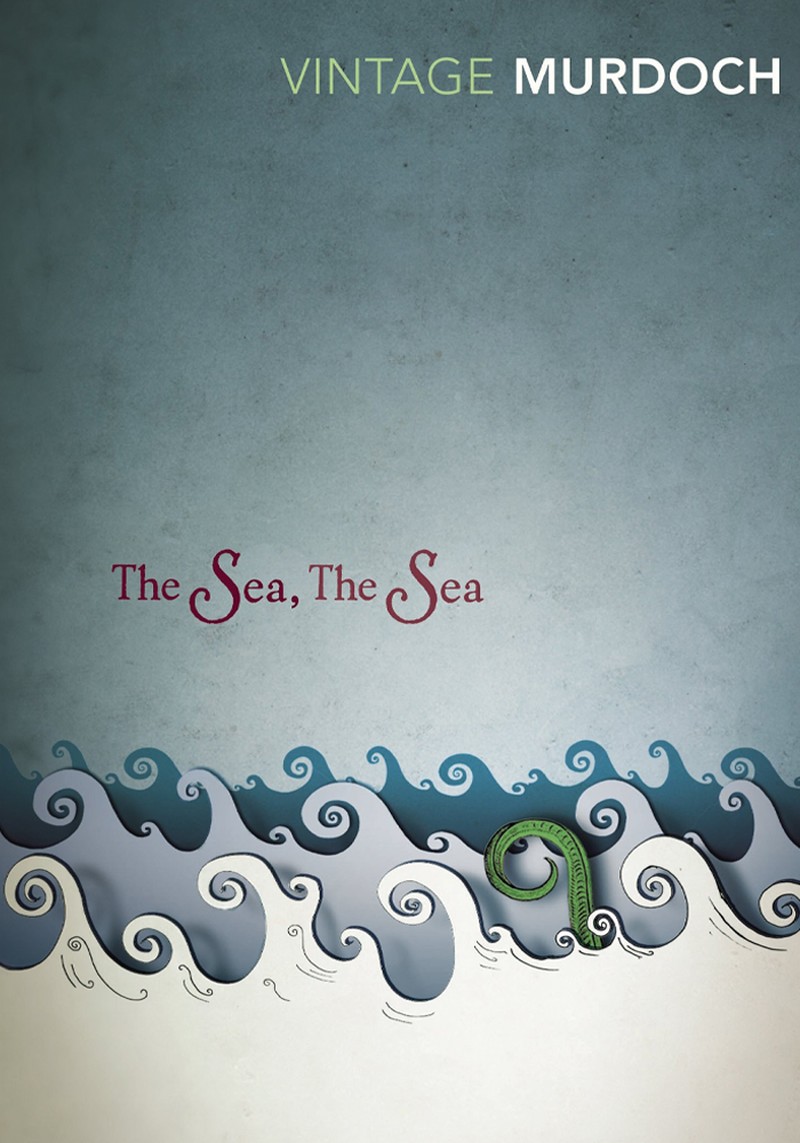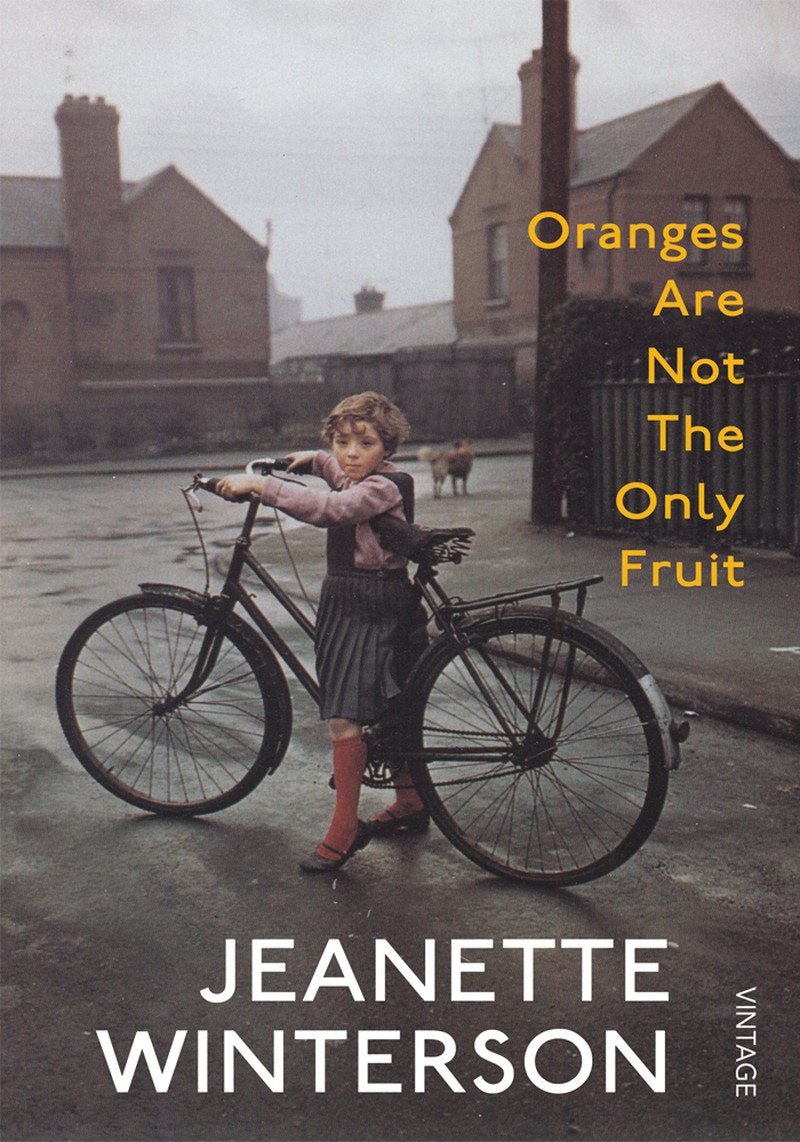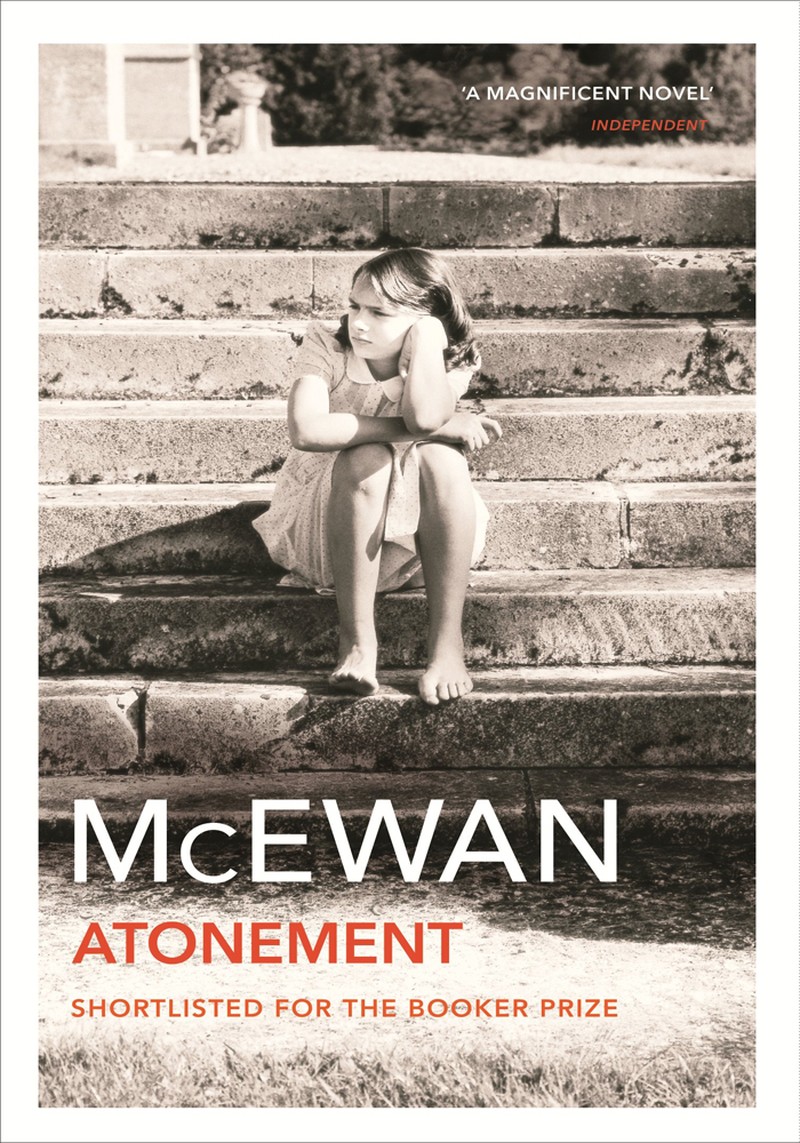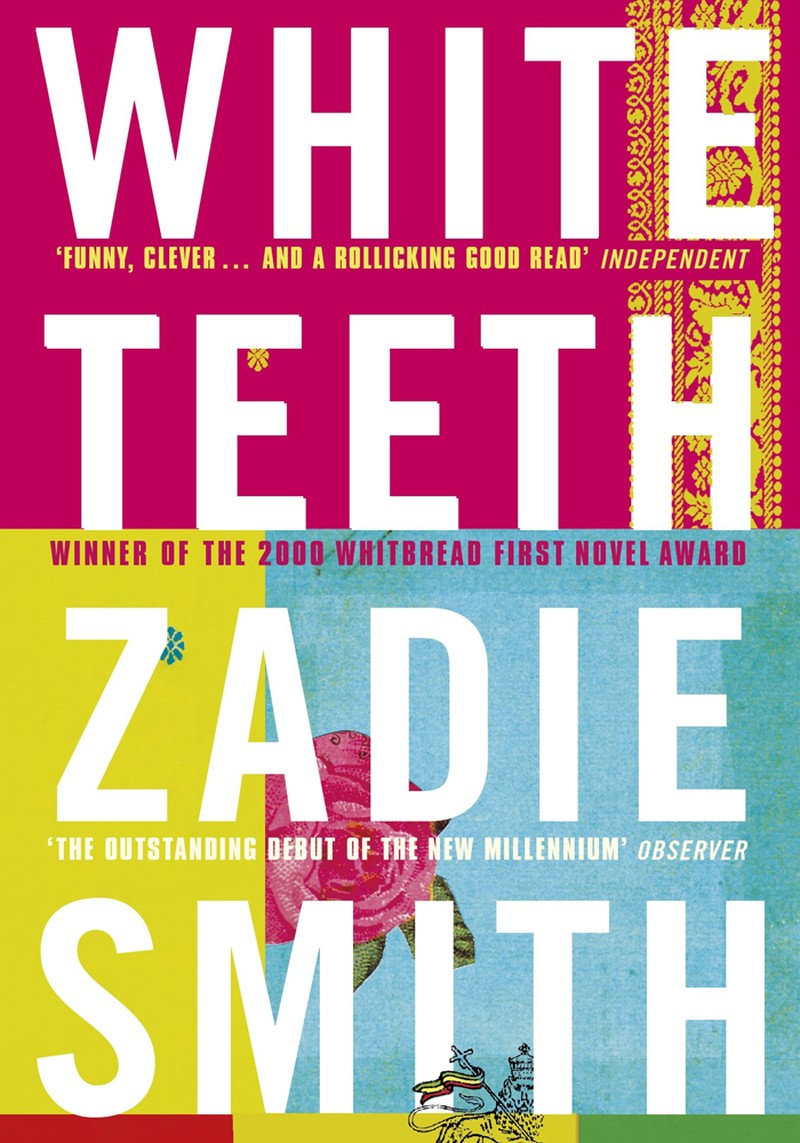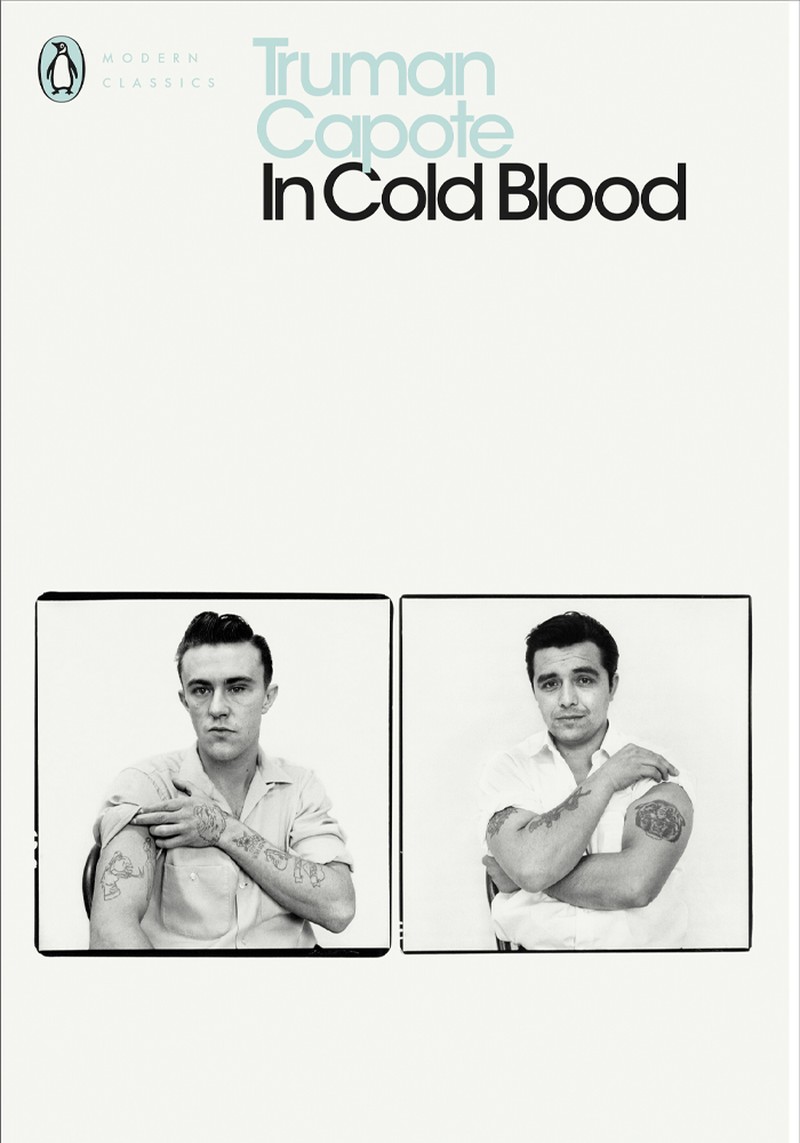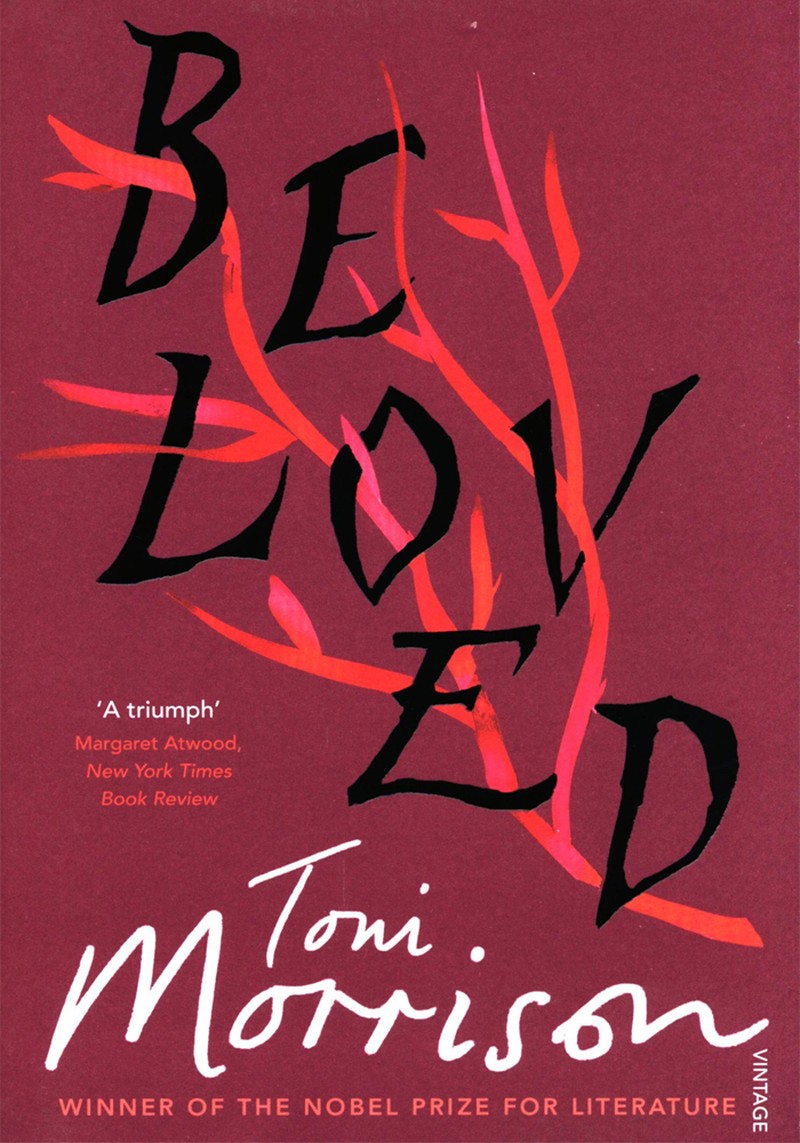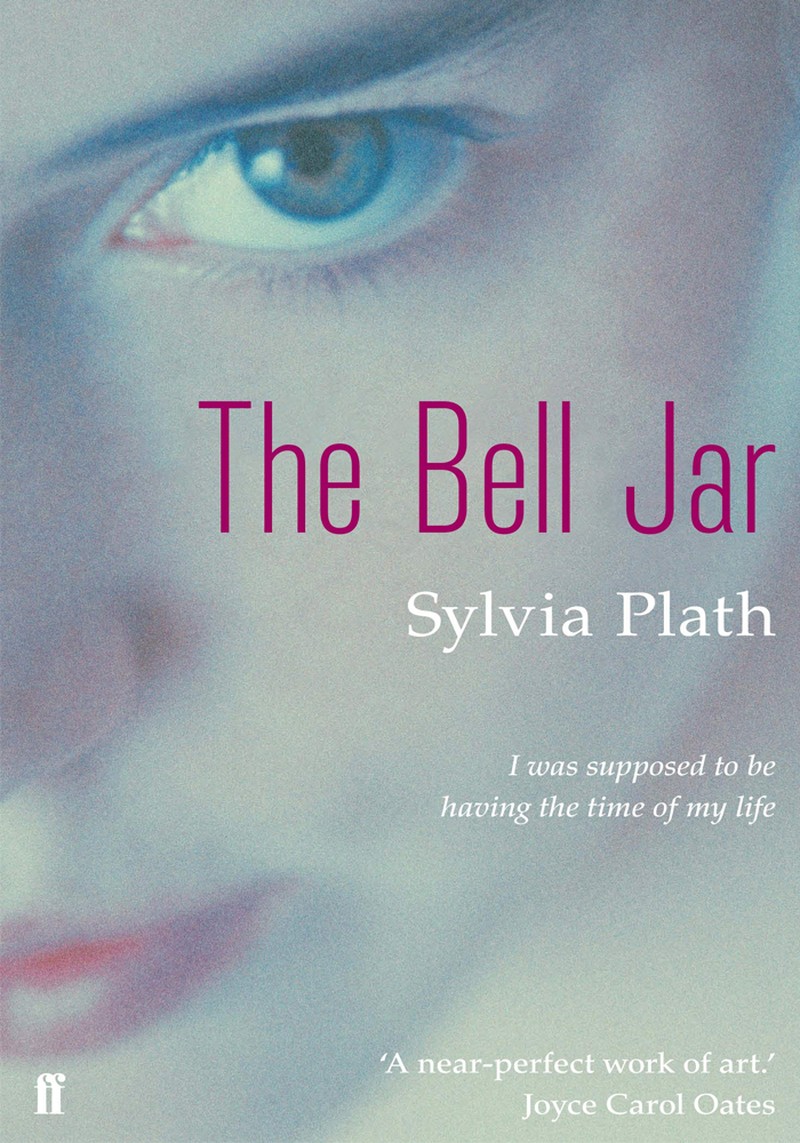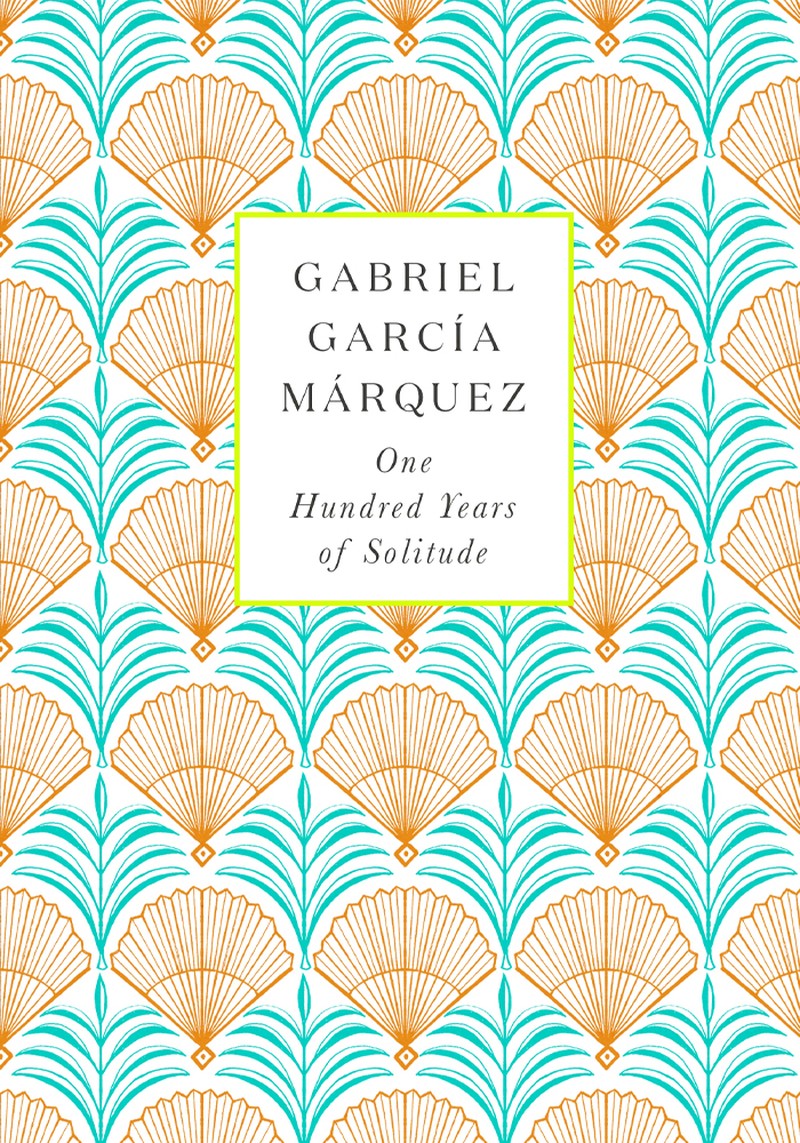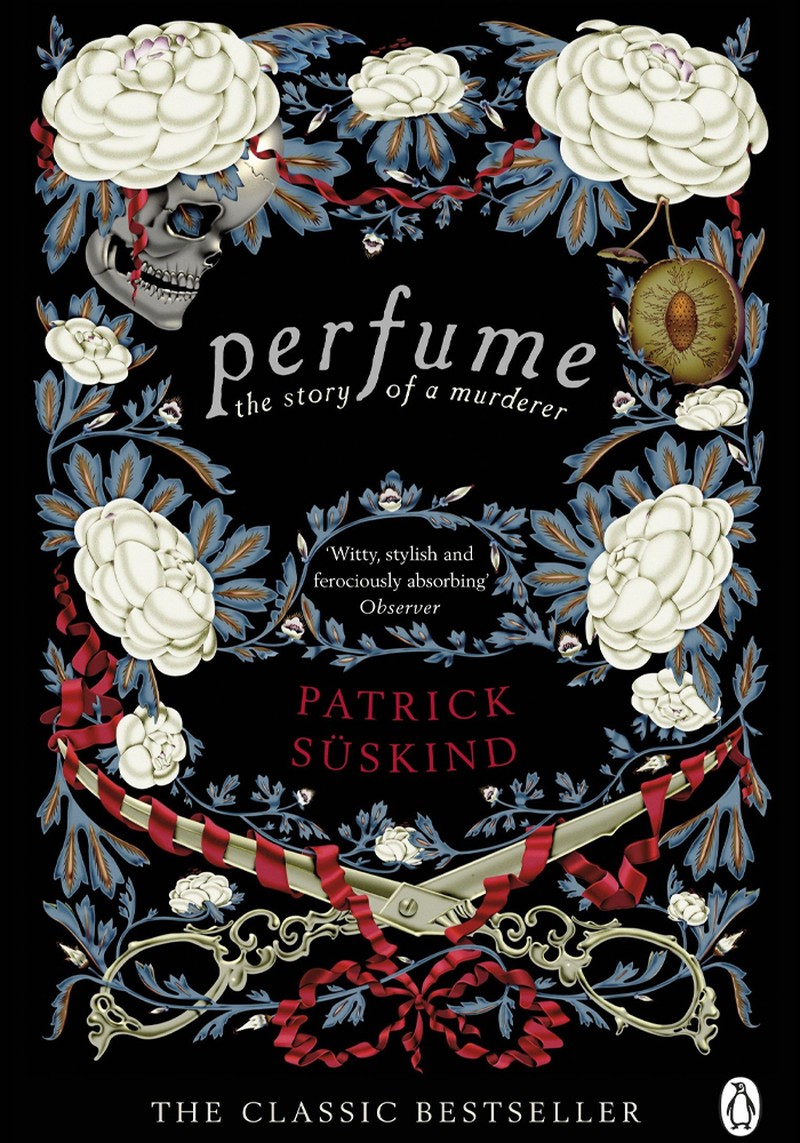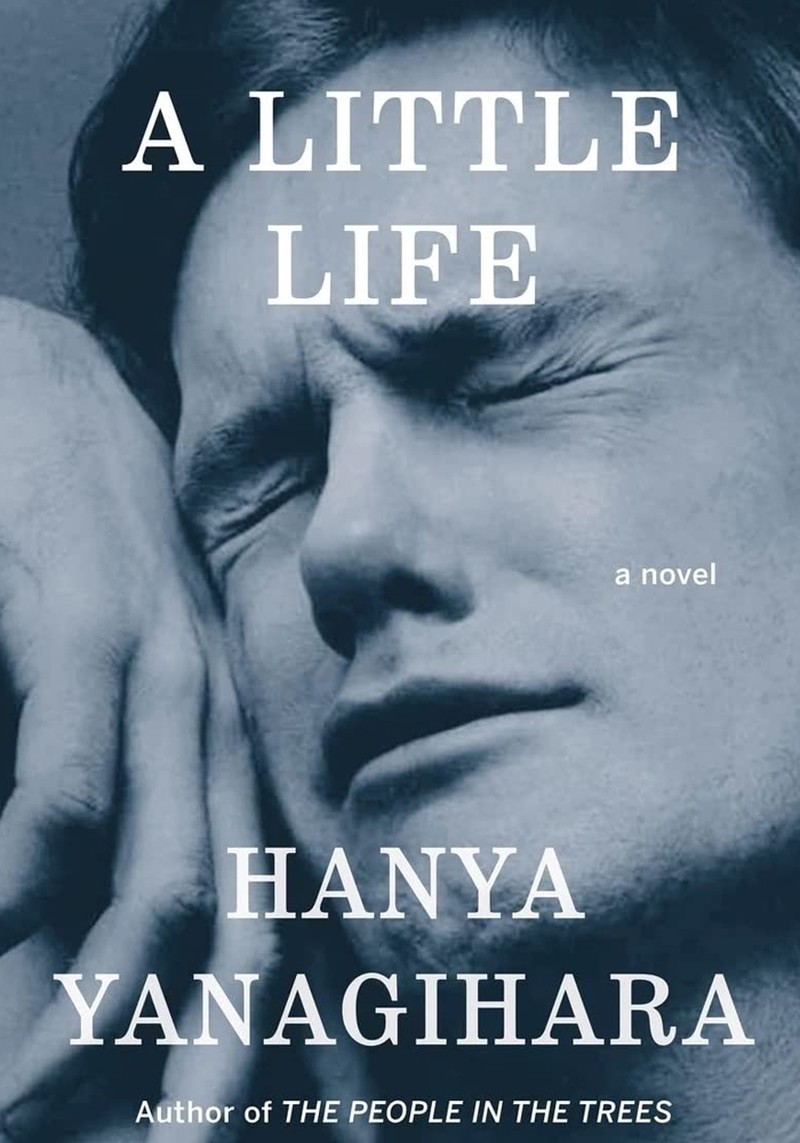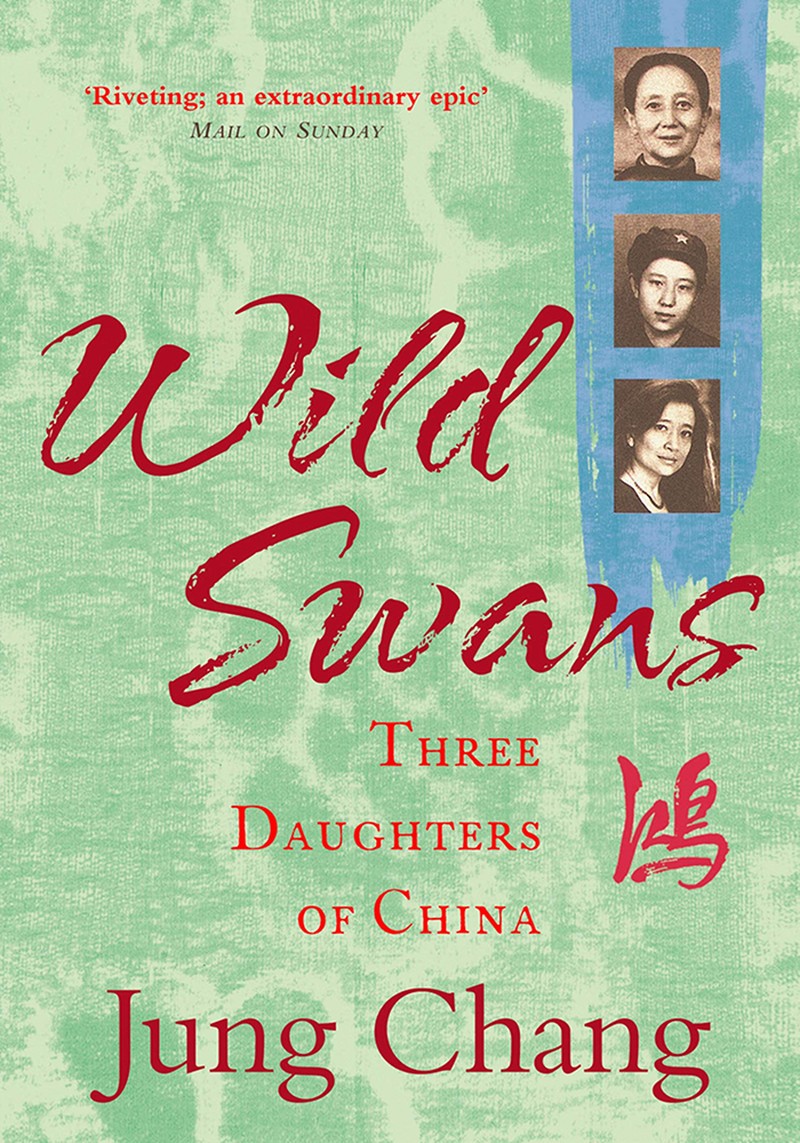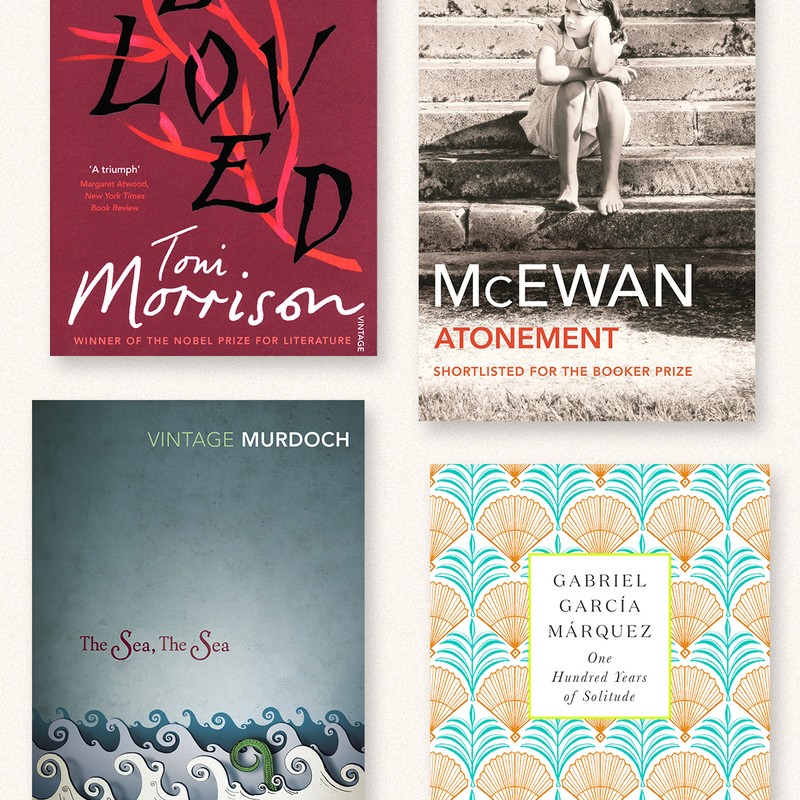
20 Modern Classics To Read Before You Die
The God of Small Things by Arundhati Roy
Indian writer Arundhati Roy returned to the literary scene after a two-decade hiatus with 2017’s The Ministry of Utmost Happiness, but her 1997 debut – which won her a Booker Prize – remains her best. The God of Small Things is a rich, evocative novel following several generations of a troubled family in Kerala, India, who are torn apart by the laws that dictate “who should be loved, and how”. Compared favourably to the works of Faulkner and Dickens, Roy’s modern classic is equal parts powerful family saga, forbidden love story and political drama.
Visit Waterstones.com
The Secret History by Donna Tartt
Part campus novel, part murder mystery, The Secret History has attracted a devoted cult following since it hit the shelves in 1992. Set in New England, it tells the story of a close-knit group of six classics students at Hampden College, a small, elite institution based on the one Tartt herself attended in the mid-80s. Under the influence of a charismatic classics professor, the group of clever, eccentric misfits discover a way of thinking and living that is a world away from the humdrum existence of their contemporaries. But when they go beyond the boundaries of morality, their lives are changed profoundly and forever. This 640-page novel is a story of two parts: the chain of events that led to the death of a classmate – and what happened next. A modern classic, it is compelling and elegant, dramatic and playful.
Visit Waterstones.com
Wolf Hall by Hilary Mantel
The first novel in her Wolf Hall trilogy built Hilary Mantel’s reputation as one of Britain’s greatest living writers. Set in England in the 1520s, Henry VIII is on the throne, but has no heir. Into this atmosphere of distrust and need comes Thomas Cromwell, the ambitious son of a blacksmith ready to use his shrewd wit to work his way up the court ranks. Wolf Hall was adapted into a critically acclaimed BBC drama in 2015, but for true fans there’s nothing like double Booker winner Mantel’s intricate, world-building prose. Make sure to add follow-ups Bring Up The Bodies and The Mirror & The Light to your list too.
Visit Waterstones.com
Shantaram by Gregory David Roberts
Shantaram is a novel of adventure and moral purpose, based on an extraordinary true story of eight years spent in the Bombay underworld. Set in the early 80s, the book focuses on ‘Lindsay Ford’ – a pseudonym for Roberts himself – an armed robber and heroin addict who escaped from an Australian prison to India, where he lived in a Bombay slum. There, he established a free health clinic and joined the mafia, working as a money launderer, forger and street soldier. Over these eight years, Ford also found time to learn Hindi and Marathi, fall in love, spend time being worked over in an Indian jail, act in Bollywood and fight with the Mujahedeen in Afghanistan. A novel that reads like an autobiography, this is a truly gripping read – and one that makes its 950 pages fly by. We can’t wait for Apple TV’s adaptation, which is rumoured to be released next year.
Visit Waterstones.com
The Sense of an Ending by Julian Barnes
Winner of the Booker Prize in 2011, novella The Sense of an Ending is written by bestselling British author Julian Barnes. Friendships forged in childhood are tested to their limits when the past comes back to trouble 60-something Tony Webster. The more his past appears to unravel before him, the more blurred it becomes. What did happen all those years ago? Nothing is as it appears in this haunting novel. Laced with trademark precision, dexterity and insight, this is the work of one of the UK’s most distinguished writers – and a restrained and realistic reflection on a frustrated life.
Visit Waterstones.com
Things Fall Apart by Chinua Achebe
With more than 20m copies sold in 57 languages, this story has been revered by everyone from Toni Morrison to Nelson Mandela. Published in 1958, Things Fall Apart is the first novel in Chinua Achebe's critically acclaimed African Trilogy. It is propelled by a game-changing narrative about one warrior’s futile resistance to the decimation of his tribal heritage by British forces. Okonkwo is the greatest wrestler and warrior alive, and his fame spreads throughout West Africa. But when he accidentally kills a clansman, things begin to fall apart. Okonkwo returns from exile to find missionaries and colonial governors have arrived in the village. With his world thrown radically off-balance, he can only hurtle towards tragedy.
Visit Waterstones.com
Never Let Me Go by Kazuo Ishiguro
In Never Let Me Go, Nobel Prize winner Kazuo Ishiguro imagines the lives of a group of students growing up in a darkly skewed version of contemporary England. Narrated by Kathy, now 31, Never Let Me Go dramatises the attempts of her and her closest friends to come to terms with their childhood at the seemingly idyllic Hailsham School and the fate that has always awaited them. The 2010 film adaptation – starring Keira Knightley, Carey Mulligan and Andrew Garfield – is well worth a watch too.
Visit Waterstones.com
The Colour Purple by Alice Walker
This 1982 Pulitzer Prize-winning novel made Alice Walker a household name. Set in the deep American South between the wars, The Colour Purple is the tale of Celie, a young black girl born into poverty and segregation. Raped repeatedly by the man she calls 'father', she has two children taken away from her, is separated from her beloved sister Nettie, and trapped into an ugly marriage. Then she meets the glamorous singer Shug Avery, a woman who has taken charge of her own destiny. Gradually Celie discovers the power and joy of her own spirit, freeing herself from her past and reuniting with those she loves.
Visit Waterstones.com
Disgrace by JM Coetzee
Disgrace was a Booker Prize winner in 1999, making JM Coetzee the first writer to win the trophy twice (he first won with Life & Times of Michael K in 1983). In 2003, he was also awarded the Nobel Prize in Literature, setting him out as one of the foremost writers of his era. Disgrace is a searing exploration of race relations in post-apartheid South Africa. After years teaching romantic poetry at a university in Cape Town, David Lurie – middle-aged and twice divorced – has an impulsive affair with a student. The affair sours; he is denounced and summoned before a committee of inquiry. Willing to admit his guilt, but refusing to yield to pressure to repent publicly, he resigns and retreats to his daughter Lucy's isolated home. For a time, his daughter's influence and ways of the farm promise to soothe his discordant life. But the balance of power in the country is shifting, and he and Lucy become victims of a savage and disturbing attack.
Visit Waterstones.com
The Sea, The Sea by Iris Murdoch
Iris Murdoch is renowned for her intoxicating style and magnified portrayal of the intricacies of human relationships and their betrayals. Published in 1978, The Sea, The Sea was her 19th novel, and won the Booker Prize that year. When Charles Arrowby retires from his glittering career in the London theatre, he buys a remote house on the rocks by the sea. He hopes to escape from his tumultuous love affairs but unexpectedly bumps into his childhood sweetheart and sets his heart on destroying her marriage. His equilibrium is further disturbed when his friends all decide to come and keep him company, and Charles finds his seaside idyll severely threatened by his obsessions.
Visit Waterstones.com
Oranges Are Not The Only Fruit by Jeanette Winterson
Jeanette Winterson is a connoisseur of love in all its forms. Born in Manchester and adopted by Pentecostal parents, she was raised to be a missionary. Her 1985 hit Oranges Are Not The Only Fruit is based on her own upbringing, using herself as a fictional character. Here, she draws on her childhood in the north of England, where she was raised in a zealiously religious environment. At 16, Jeanette decides to leave the church, her home and her family, for the young woman she loves. A true coming-of-age story, there’s a reason this has been on both GCSE and A Level reading lists over the years.
Visit Waterstones.com
Atonement by Ian McEwan
On the hottest day of the summer of 1935, 13-year-old Briony Tallis sees her sister older Cecilia take off her clothes and plunge into the fountain in the garden of their country house. Watching her too is Robbie Turner. By the end of that day, the lives of all three will have been changed for ever, as Briony commits a crime for which she will spend the rest of her life trying to atone. Adapted into an Oscar winner starring James McAvoy, Keira Knightley and Saoirse Ronan in 2007, this is rightly Ian McEwan’s most famous work.
Visit Waterstones.com
White Teeth by Zadie Smith
Zadie Smith was a 22-year-old prodigy when her first book was snapped up by a publisher. One of the most talked-about debut novels of all time, White Teeth is funny, generous, big-hearted, and adored by critics and readers alike. Dealing with friendship, love, war, three cultures and three families over three generations, one brown mouse, and the tricky way the past has of coming back and biting you on the ankle, it is a life-affirming, riotous read.
Visit Waterstones.com
In Cold Blood by Truman Capote
Truman Capote’s most famous book demanded six arduous years of research. It follows the 1959 murders of four members of the Herbert family in a small farming community in Holcomb, Kansas. The chilling true crime 'non-fiction novel' that made Capote's name, it’s a comprehensive study of the killings and subsequent investigation, exploring the circumstances surrounding this terrible crime and the effect it had on those involved. At the centre of his study are the amoral young killers Perry Smith and Dick Hickcock who – vividly drawn by Capote – are shown to be reprehensible yet entirely and frighteningly human.
Visit Waterstones.com
Beloved by Toni Morrison
Beloved is a story of slavery and racism in the mid-1800s that has become one of the indisputable classics of the late 20th century. The winner of the 1988 Pulitzer Prize, Beloved remains American novelist Toni Morrison’s crowning achievement. Dedicated to the ‘60 Million and more’ Africans and their descendants who died as a result of the slave trade, the novel remains both a mesmerising family story and a landmark depiction of the legacy of slavery, both on individuals and America’s national psyche. Sethe, a former slave, is living with her 18-year-old daughter in a house that the neighbours avoid because it’s haunted by a murdered child, who they believe is Sethe’s eldest daughter. Sethe’s future seems full of hope when she escapes from Sweet Home to Ohio, but her new identity as a free woman is haunted by her past and the ghost of her lost child.
Visit Waterstones.com
The Bell Jar by Sylvia Plath
Sylvia Plath's only novel was originally published in 1963 under the pseudonym Victoria Lucas. It is based in part on Plath's own life and descent into mental illness. When Esther Greenwood wins an internship on a New York fashion magazine in 1953, she is elated, believing she will finally realise her dream to become a writer. But in between the cocktail parties and piles of manuscripts, Esther's life begins to slide out of control. She finds herself spiralling into serious depression as she grapples with difficult relationships and a society that refuses to take her aspirations seriously.
Visit Waterstones.com
One Hundred Years of Solitude by Gabriel García Márquez
Colombian novelist and Nobel Prize in Literature winner Gabriel García Márquez's masterpiece is the story of seven generations of the Buendía family, and of Macondo, the town they have built. Though little more than a settlement surrounded by mountains, Macondo has had its wars and disasters, even its wonders and miracles. A microcosm of Colombian life, its secrets lie hidden, encoded in a book, and only Aureliano Buendía can fathom its mysteries and reveal its destiny. Poetic and enchanting, this story blends political reality with magic realism, fantasy and comic invention, making One Hundred Years of Solitude one of the most daringly original works of the 20th century.
Visit Waterstones.com
Perfume: The Story of a Murderer by Patrick Süskind
In the slums of 18th-century France, Jean-Baptiste Grenouille is born with one sublime gift: an absolute sense of smell. As a boy, he lives to decipher the odours of Paris, and apprentices himself to a prominent perfumer who teaches him the ancient art of mixing precious oils and herbs. But Grenouille’s genius is such that he is not satisfied; he becomes obsessed with capturing the smells of objects such as brass doorknobs and fresh-cut wood. Then one day he catches a hint of a scent that will drive him on an ever-more-terrifying quest to create the “ultimate perfume” – the scent of a beautiful young virgin. This story is beautifully narrated, and is a hauntingly powerful tale of murder, love and sensual depravity.
Visit Waterstones.com
A Little Life by Hanya Yanagihara
When four graduates from a small Massachusetts college move to New York to make their way, they're skint, adrift and buoyed only by their friendship and ambition. There is handsome Willem, an aspiring actor; JB, a quick-witted Brooklyn-born painter seeking entry to the art world; Malcolm, a frustrated architect at a prominent firm; and withdrawn, brilliant Jude, who serves as their centre of gravity. Over the decades, their relationships deepen and darken, touched by addiction, success and pride. Yet their greatest challenge is Jude himself, by midlife a talented litigator yet an increasingly broken man, his mind and body scarred by an unspeakable childhood and haunted by a trauma that will define his life forever. A devastating read.
Visit Waterstones.com
Wild Swans: Three Daughters Of China by Jung Chang
Few books have had such an impact as Wild Swans. Its publication in 1991 was a worldwide phenomenon. Not only did it become the bestselling non-fiction book in British publishing history (it has since sold over 13m copies), it received unanimous critical acclaim and won the 1993 ‘British Book of the Year’ award. Translated into 37 languages, Wild Swans tells the story of 20th-century China from the last days of Imperial China to the Japanese occupation, civil war, revolution and post-Mao era. The tale is told through the stories of three generations of women from author Jung Chang’s family: her grandmother Yu-fang, who was given to a warlord as a concubine; her Communist mother, Bao Qin; and herself. Unforgettable in its descriptions, Wild Swans is a masterpiece that will stay with you long after you’ve closed the cover.
Visit Waterstones.com
DISCLAIMER: We endeavour to always credit the correct original source of every image we use. If you think a credit may be incorrect, please contact us at info@sheerluxe.com.
